Twenty two years of Mahakali Treaty: Head Regulator and Canal not in sight yet
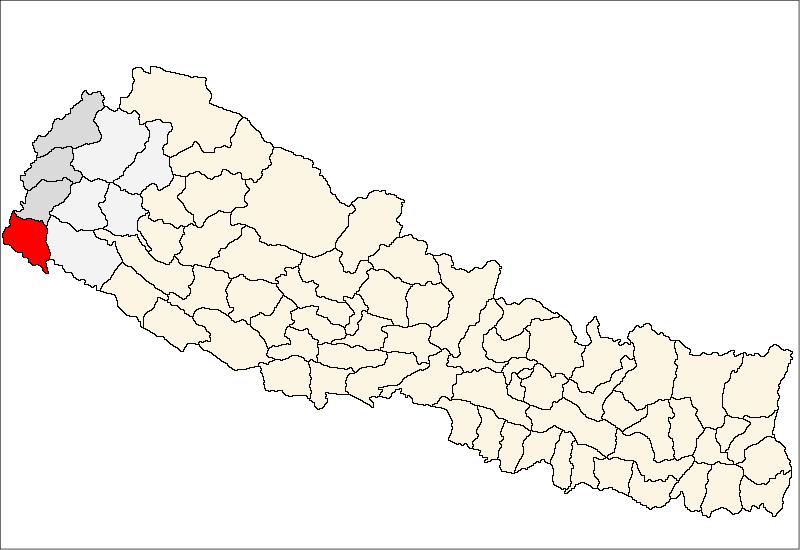
Brahmadev, Kanchanpur – A good 22 years have passed by since Nepal and India inked the Integrated Mahakali Treaty. But the Treaty has yet to be implemented due to the nonchalance of India.
The sub-clause 2 (A) of the Clause 2 of the Mahakali Treaty states that India shall construct the head regulator near the under-sluice towards the left side of the Tanakpur barrage and a canal up to the Nepal-India border.
Although India is required to construct 1,200 metres long canal from the Tanakpur barrage up to the Nepal-India border at Matena of Bhimdutta Municipality -9, it has not shown any concern towards constructing these structures
.
The Nepali side prepared the detailed project report (DPR) for the construction of the head regulator and the canal, and submitted it to the Indian side in 2014, senior divisional engineer at the Mahakali Irrigation Project, Third Phase Office, Bir Singh Dhami, said.
According to him, the Indian side has always been holding up the construction of these structures
under various pretexts.
The third phase of the Mahakali Irrigation Project has hit a snag as the Indian side has been saying that the head regulator and the canal of the Tanakpur project could not be constructed before the taking off of the Pancheshwar Hydropower Project. "Based on this, Nepal had pursued the construction of the canal under the Mahakali Irrigation, Third Phase since the fiscal year 2007/2008. But it is not clear until this point in time whether India will give water or not," Dhami said. Nepal has however continued with the construction of the canal.
The combined length of the main canal and the sub-canal under the Third Phase of the Mahakali Irrigation Project from Matena to Malakheti of Kailali district is 151 kilometres. Even though the goal is to complete the construction of the canal within 2022, there is no sign that the construction would be completed by that time. Only 13 kilometres of the canal has been constructed so far.
The estimated cost of the canal is Rs 27 billion and only Rs 1.80 billion has been spent in a decade.
"Rs 600 million has been spent in providing compensation for the land acquired for the project alone. The construction of the canal was stalled for a long period due to the dispute over the compensation amount," he said. The total length of the network of the irrigation canal is 1,600 kilometres including the branch and sub-branch canals.
Rs 280 million was allocated in the current fiscal year for the construction of the canal. Of this amount, Rs 220 million has been spent in the construction of the canal while Rs 50 million has been spent in providing compensation for the land. Six kilometres canal has been constructed in the current fiscal year.
Rs 310 million was allocated for the construction of the canal in the last fiscal year and only four kilometres of the canal was constructed.
Engineer Dhami said they have demanded a budget of one billion rupees for the project in the fiscal year 2018/2019. "We have forwarded the compensation process after allocating the contract for construction of additional 15 kilometres of the canal. The contract has been awarded in three groups. The canals which have been constructed so far are in the phase of handing over," he said.
Rs 2.94 billion will be required for the construction of the 15 kilometres canal. Irrigation facility would be available to a total 33,520 hectares land in Kailali and Kanchanpur districts after the completion of the third phase of the canal construction.
The canal cannot be completed even in a decade without government priority, set aside budget crunch, said engineer Dhami.
The Mahakali treaty requires India to release the total 1,300 Cusecs water during dry and monsoon seasons from the Mahakali river (300 Cusecs during dry season, and 1,000 Cusecs during monsoon). Despite third phase construction of the Mahakali Irrigation underway, there are uncertainties that India would release water, he said.
"India is reluctant to let go water for Nepal in violation of the treaty. There is not any value in constructing a canal until the issue is settled," said Rishi Raj Lumsali, who knows about the treaty, talking to Rastriya Samachar Samiti.
Journalist Bikash Thapa, who is covering hydropower for long, blamed Nepal for failing to receive water as per the agreement that was struck 22 years ago. "Nepal failed to create pressure on India for its proper implementation. There is no meaning in initiating a process on working the Pancheshwor Hydropower Project when the treaty is not enforced," he said. The treaty was signed on February 12, 1996 between then Prime Minister Sher Bahadur Deuba and then Indian Prime Minister P.V. Narasimha Rao.
As a result of treaty enforcement failure, many farmers of Kanchanpur and Kailali districts are deprived of irrigation, thus forcing them to depend on rains as an alternative.
The first phase of the Mahakali Irrigation that started in 1975 and completed in 2004 irrigates 4800 hectares of land in Nepal.
Likewise, the second phase project that started in 1988 and completed in 2001 irrigates 6800 hectares of land. (Photo available)
---


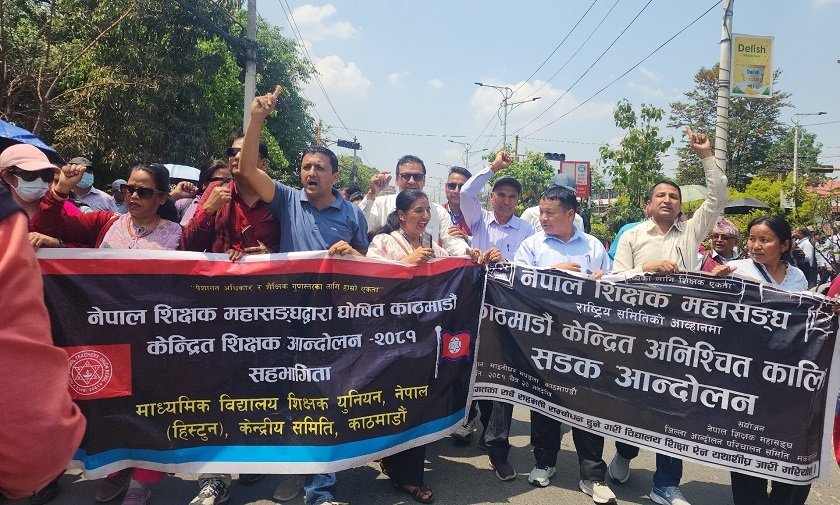
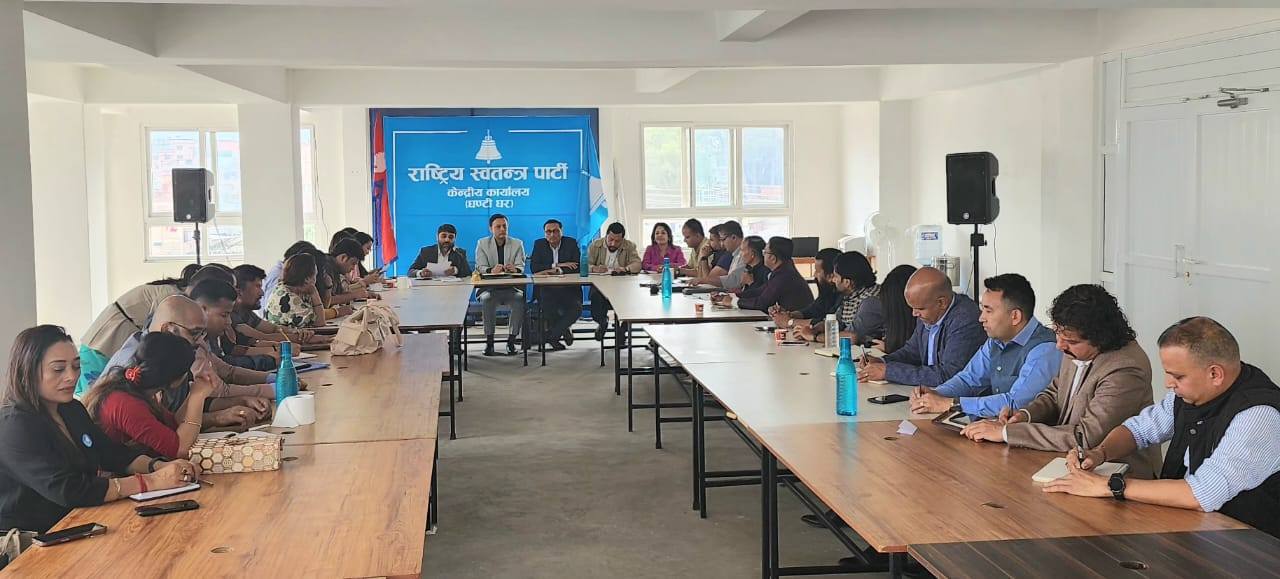
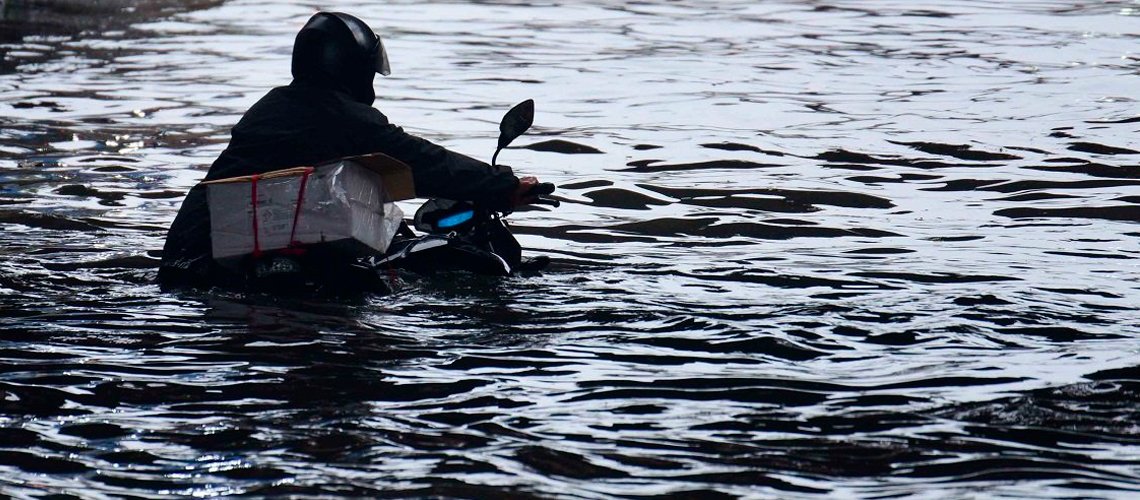
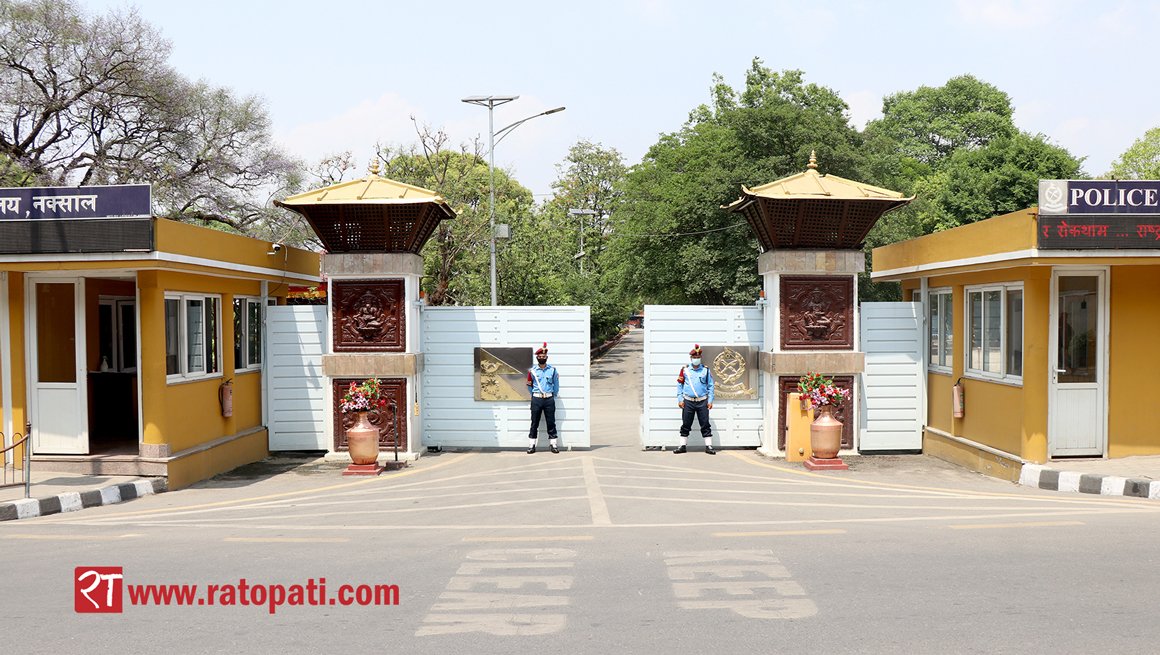
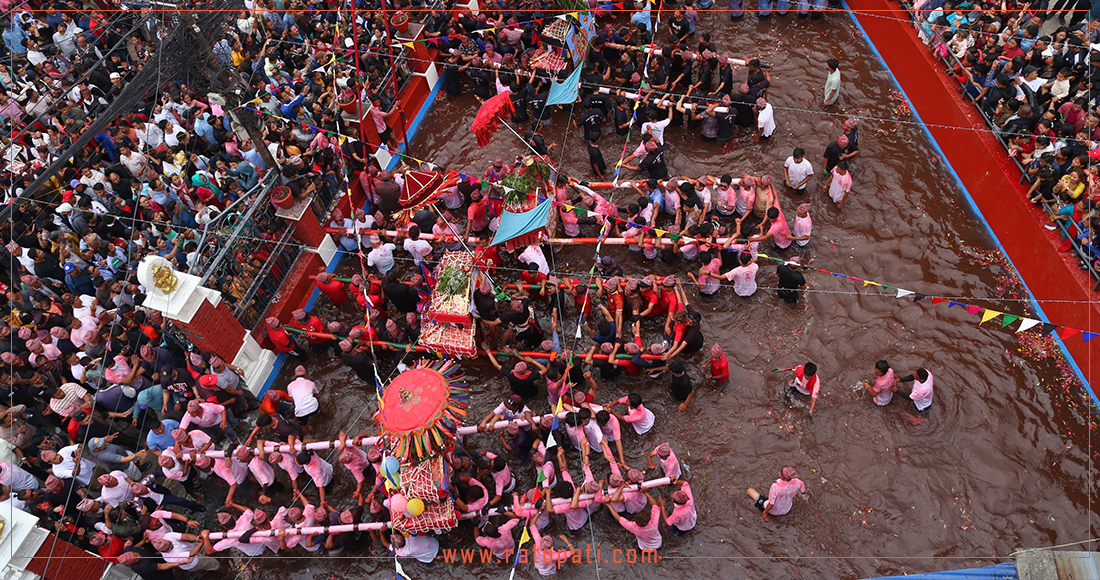
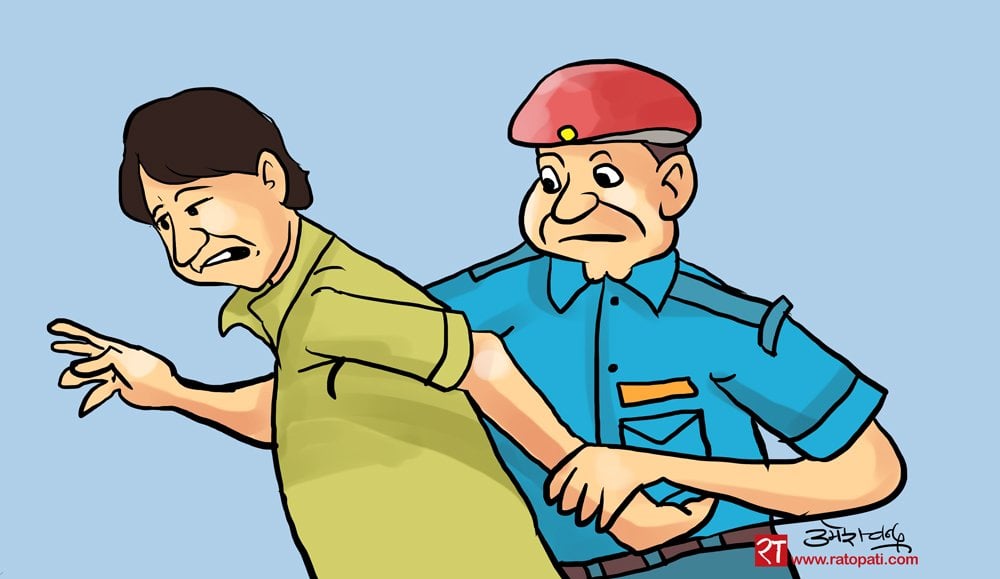
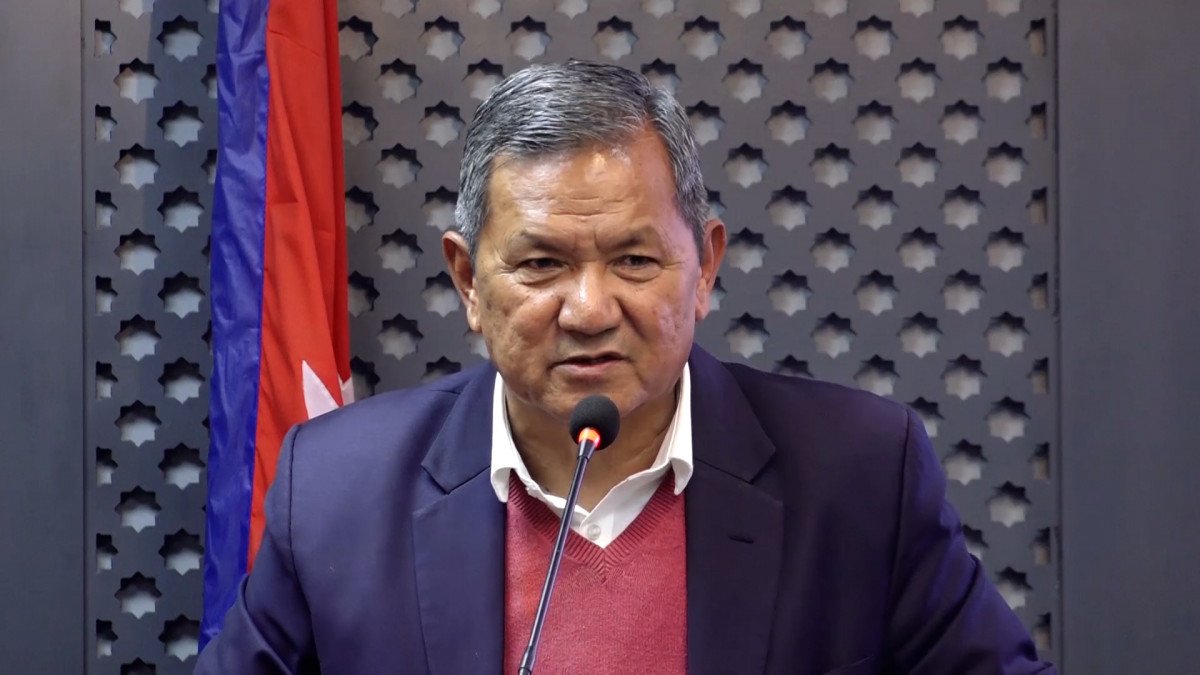
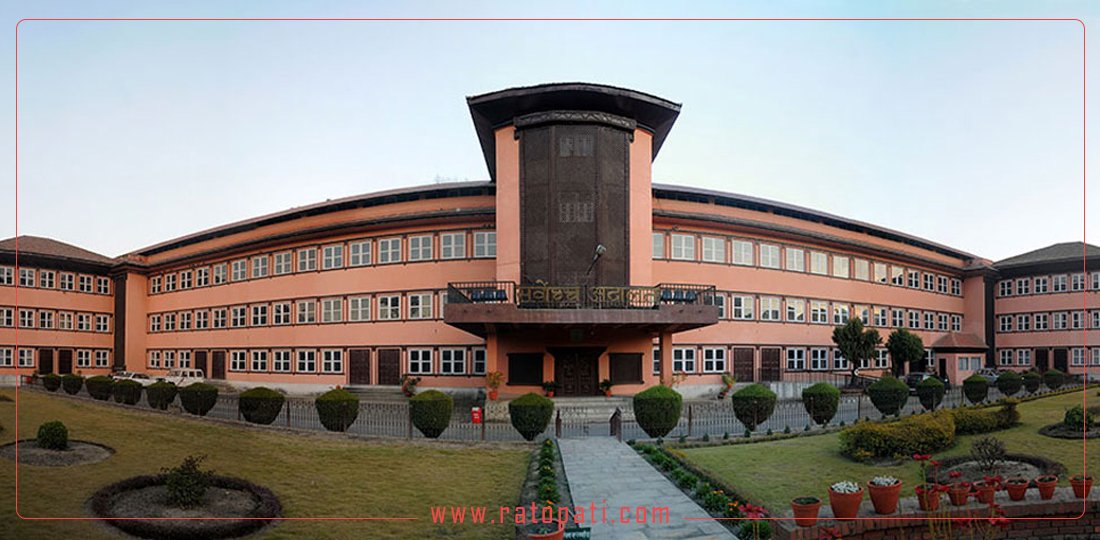
Leave Comment